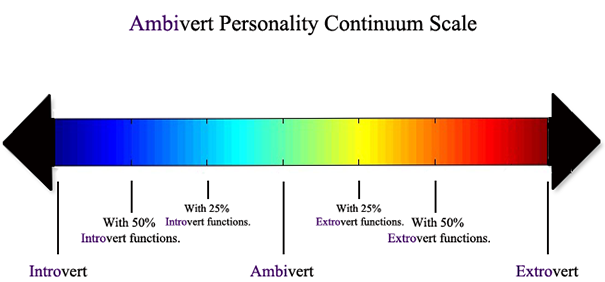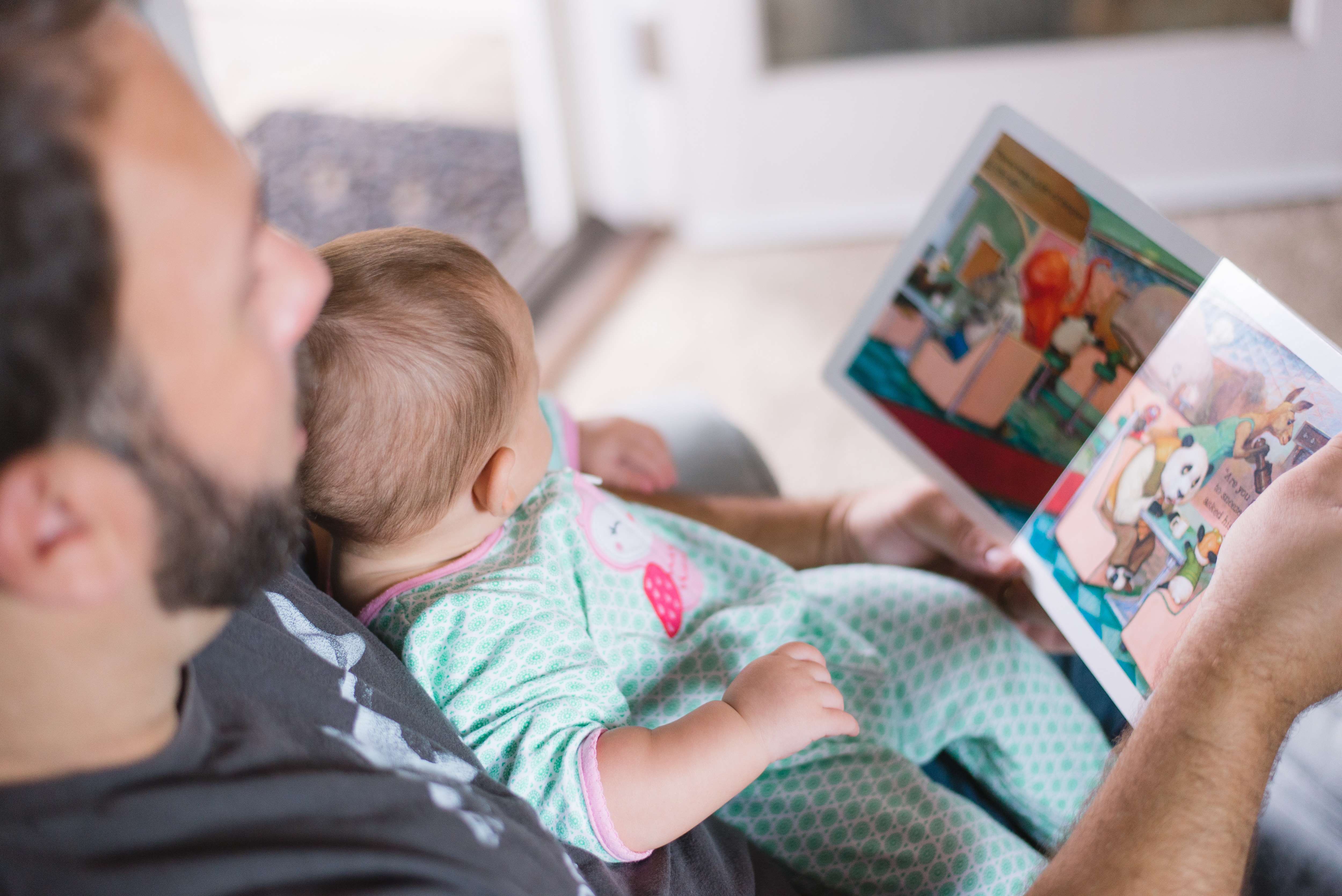

At 18 I applied to be a contestant on Survivor, completely on a whim. Four days later I received a phone call from CBS, and within weeks the Survivor Entertainment Group flew me out to Los Angeles to begin the vetting process, including a variety of physical and psychological tests and interviews conducted by everyone from casting directors to field producers, and even the show’s host, Jeff Probst.
The final step of the casting process was the most important: I had to pitch myself to the network. I walked into a room where over a dozen executives sat in a semicircle of chairs. Petrified, I stood front and center. I opened my mouth to say, “Hi, I’m Julia. I’m 18-years-old and –” … but before I could finish, I was grilled.
'What makes you think you can do this?’
‘You’re too young.’
‘Do you know what you’re getting yourself into?’
‘You don’t have enough life experience.’
And, to be perfectly honest, they were right.
In that meeting, I did everything I could to sell myself, and I learned that regardless of your skillset or background, people are going to underestimate your ability to take on a new or unfamiliar challenge. That’s when I realized it wasn’t that I desperatley wanted to be on Survivor, but that I craved the satisfaction of proving to everyone that I could do it.
Of the 17 years and 34 seasons Survivor has been on air, I am the show's youngest female contestant. I competed against an NBA player, an ER doctor, a retired FBI agent, a bounty hunter, a professional poker player, a quantitative strategist who was part of the MIT Card Counting Club, and many other established and unique characters. Yet, I made it 29 out of 39 days, 11 out of 13 episodes, placed 7th out of 18 people, just three slots away from making the “final three” and having a shot at the one-million-dollar prize. I didn’t win; but I was pretty damn close. Closer than my family expected. Closer than my friends expected. Closer than the network expected. And sure-as-hell closer than I expected.
It turned out that my lack of life experience didn’t matter at all – I just had to be creative. And in the process, I learned a lot about myself, the way I work, and the way others perceive me. Unexpectedly, I found many parallels between my experience onSurvivor and my internship at HubSpot, and through this comparison I learned five ways to thrive when throwing yourself into unfamiliar territory.
1. Be an Ambivert
There is a common misconception that being extroverted directly corresponds with how outgoing a person is, and being introverted is synonymous with being shy. Regardless, humans tend to categorize themselves as one or the other. Yet, when Carl G. Jung popularized the terms ‘extrovert’ and ‘introvert’ in the early 20th century, he said, “There is no such thing as a pure introvert or extrovert. Such a person would be in the lunatic asylum.” His point - the majority of people fall somewhere along this scale:
The goal is to find a balance.
A study by Adam Grant, author of Give and Take: A Revolutionary Approach to Success, found that those who identify as ambiverts, a person whose personality has a balance of extrovert and introvert features, actually close 24% more sales than those who identify introverts or extroverts.
But, finding this ambivert balance isn’t about changing your personality, it’s about working on timing: knowing when to speak up and when to sit back.
Throughout the first six episodes of Survivor I had what they call an “under-the-radar” edit. I wasn’t a dominant character or a threat, yet I silently conquered challenges and was helpful around camp, enough to ensure that I wasn’t a target. Later on, I needed to make ‘big moves’ and showcase thoughtful strategy to a.) gain respect from my competitors, and b.) further myself in the game.
In Survivor, just like in the workplace, the timing of those ‘big moves’ is make or break. They are the actions that propel you forward, or can be the detriment that causes you to lose everything. Paying attention to your surroundings, identifying the well-being of your peers, and understanding the environment you're submerged in are key components to achieving that ambivert equilibrium.
2. Admit What You Don’t Know
It’s not always easy to murmur the words “I don’t know,” especially to a boss or manager. We often feel that we’re expected to know the answer to every question, but admitting you’re unsure proves that you’re willing to learn or experiment until you figure it out.
No one at HubSpot held my hand; but, while working with this high level of autonomy is great, it leaves room for a surplus of mistakes. I noticed most of my mistakes happened when I neglected to reach out for help, and that was on me.
In Survivor you get blindsided - people backstab you, you miss out on secret advantages when you aren’t paying enough attention or don’t know how to complete a challenge. But that’s why you build alliances. You take control and make sure you have people to back you up when you need support or don’t know what to do.
The best way to learn, is to ask for help.
3. Do Your Research
In Survivor, it’s important to know how others played the game before you. To prepare, I watched previous seasons, studied the characteristics of players I admired, and taught myself survival skills like how to make fire from flint.
Similarly, at an internship it’s important to know the progression and background of your company. Figure out: Who is important? How is the company structured? How has the company grown and changed?
Background information is the foundation of achievement. Having an understanding of the strengths and weaknesses of an organization will enable greater adaptability.
Bottom line: do your research.
4. Highlight Your Advantages
On Survivor, I didn’t look at my lack of experience or age as a liability - I used it as an asset. I was younger and more able-bodied than my competitors, and therefore had an easier time sleeping in dirt, starving myself, memorizing puzzles, and competing in highly physical activities.
In the workplace, interns are typically students, also the youngest in the company. We lack experience, but we’re eager to learn. We bring a fresh perspective. We are immersed in a community of young people from different backgrounds and bring a wealth of knowledge from our college communities. We are flexible, we are often social, and we have a willingness to take on any task because being given responsibility is new and exciting.
Don’t fall prey to believing that your liabilities deem you as weak – be hungry and determined to succeed.
5. Be Confident
At HubSpot, regardless of any mistakes I may have made, I had to stay confident in the skillsets I brought to the table, confident in the relationships I’d built, and confident in the work I produced. There is always going to be someone who is smarter, faster, better, nicer, and paid more. It’s the way the world works. But valuing yourself enough to be confident is what will get you to the winner’s circle.
On Survivor, I was on national television without makeup, in a bathing suit, without access to everyday products like toothpaste or shampoo. As an 18-year-old girl, that was pretty trying. Not to mention, I had to cope with media backlash, blogs, forums, articles, and social response throughout the show’s airing and beyond. I had to have thick skin.
It wasn’t easy, but the most important lesson I learned from Survivor is that sometimes our paths, our plans, and our futures, turn out to be different than what we expect. But there is beauty behind those unexpected interruptions and distorted expectations. They facilitate immense personal growth and introduce you to lifelong mentors.
When embarking on a new adventure, don’t let your achilles heel or whatever “detrimental” qualities you may have determine your strength, resilience, or ability to succeed. Uncomfortable situations only increase your value, so take pride in being the underdog because it only leads you to the path of your own personal success.




.png)





